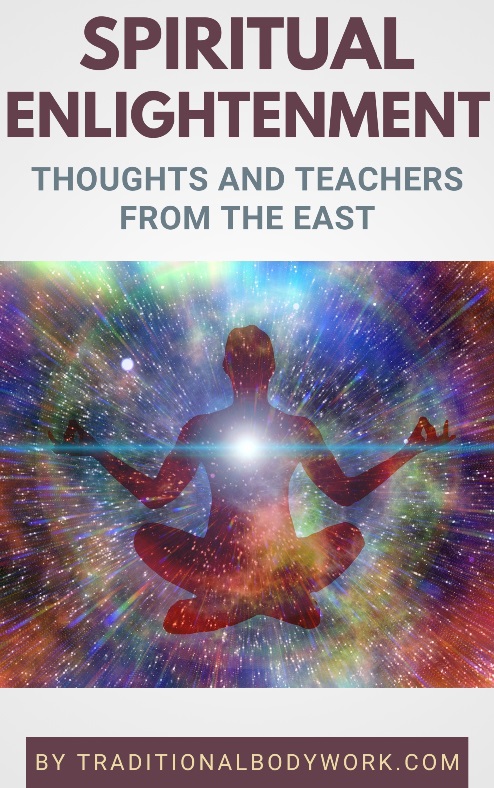
So, let me first start to debunk the whole question stated in the title of this article, because the answer will of course be a conceptional truth; one of thoughts, words, and ideas. Which are — concepts.

Having said that, it might still be interesting to discuss the difference between real truth and conceptional truth, because it may lead to experiencing real truth … if “experiencing” is at all the correct word.
Conceptional truth is the truth described by words. Real truth is the truth without words, one that we see immediately. Yet, the use of words like see or seeing in relation to truth is not necessarily connected with visual seeing; it’s rather a way of trying to express the difference between thinking about truth and experiencing it directly.
Now, what I mean by “experiencing it directly” is living it in the now-moment without words. Without an explanation or logic around it. Without a why. It means that real truth is here and now, what you see, hear, feel, live … experience.
What is here now around you — or there, if you prefer — is the real truth. As long as it’s not translated to words, to logic, as an explanatory effort. In fact, the real truth doesn’t need an explanation. It is what it is.
Let me give an example. If you’re hungry, you want to eat. That’s the real truth. You are hungry. The wanting to eat and actually eating follows automatically, you don’t need to think about that. It’s a logical, necessary next step, which becomes the next real truth. But putting it in words as a cause and effect makes it a conceptual truth.

A conceptual truth about being hungry might lead you to go further by starting to explain why hunger leads to eating and then you enter a biological, anatomical life sustaining chemistry-physiological discussion. Which again leads you to safeguarding the availability of food for yourself, with all (so-called logical) consequences of that.
But seen from out the real truth you are just hungry and you just seek or cook food and eat. And then it’s finished. That is, real truth is always immediate. It acts immediately. And it doesn’t need a conceptual truth to support it.
It lives by itself, in itself, it’s non-discriminatory awareness, fulfills it’s needs, and then ditches the whole thing. On the other hand, conceptual truth needs real truth … to think about it and make plans, safeguard, maintain, or whatever, and continues working on and with the idea of it.
Real truth is always with you, now and here. You (can) face it, see it, live it. It’s always all around you. Conceptual truth tends to be vague, invisible, farther away, and paradoxically it’s living you instead of you living it.
The difference — in its essence — is that real truth is how life really is. Life is now and immediate in the present, it is real truth. And conceptional truth is rather the explanation of life. It looks at how life was, or how it supposedly is through the lens of thoughts and thinking, or how it should be.
Nevertheless, for many people their conceptional truths finally will become their real truths. Because real truths always seem to be slipping through their hands, but conceptional truths are the truths they can control. The latter gives comfort, and that’s also when all the trouble starts. That’s not a conception, it’s reality. Unfortunately.




















